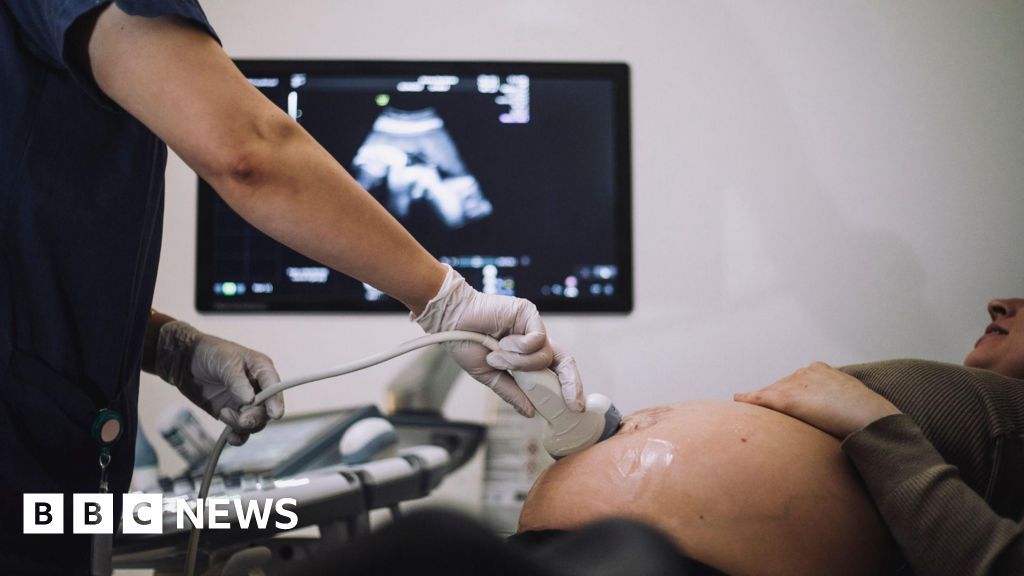Introduction to the Issue
The Society of Radiographers has warned that some hospital clinics are putting lives at risk by allowing unqualified laypeople to carry out baby scans. This has led to instances of pregnant women being wrongly diagnosed with serious health problems and given dangerous advice. In some cases, expectant mothers have been hospitalized after being told they would have to terminate their pregnancy due to an anomaly, only to discover their baby was completely healthy.
Dangerous Advice
One example of this was a lady who was eight or nine weeks pregnant and was told by a private clinic that there was no heartbeat and the baby was deformed. She was sent to the hospital for an induced miscarriage, but upon scanning, it was found that the pregnancy was perfectly fine. A previous investigation also uncovered similar errors in diagnosing serious medical problems for private baby scans. Women who were bleeding and in pain were allowed scans instead of being told to contact their doctor.
Poor Practice and Sexual Misconduct
The union has seen further examples of poor practice at some private clinics, including severe fetal anomalies being overlooked, ectopic pregnancies being undiagnosed or misdiagnosed, and a radiologist continuing to work as a private sonographer despite being fired and banned from working for the NHS for sexual misconduct. The president of the Society of Radiographers expressed concern about the rise of pop-up clinics in malls and high streets that sell souvenir pictures or scans to reveal the gender of the baby.
Consequences of Poor Practice
In one case, a private scan at the end of the pregnancy failed to detect that the baby was still in the breech position, and the mother was not immediately referred to the NHS. The baby later died. The Society of Radiographers is calling for sonographer to become a protected professional title in the UK, which would mean that only those appropriately qualified and registered with a regulator would be allowed to use this job description.
Safety Checks and Tips
Expectant mothers can take steps to ensure their safety by asking a private clinic if their staff has completed a course accredited by the Consortium of Sonographic Education. They can also check if the clinic is registered with the Care Quality Commission and when it was last inspected by the regulator. Reading reviews and asking friends, family, midwives, and primary care physicians for advice and recommendations can also help. Individual sonographers can choose to join the Clinical Technologists Registry, which the public can then search to see if certain standards have been met.
Regulatory Response
The Professional Standards Authority for Health and Social Care has carried out a public interest review of the register and written to the government saying that stricter regulation of sonographers may be needed. The Care Quality Commission has also expressed concerns about staff training, consent policies, and procedures for escalating unusual findings. The Ministry of Health has stated that patient safety is paramount and regulations for all healthcare professionals are under constant review.

